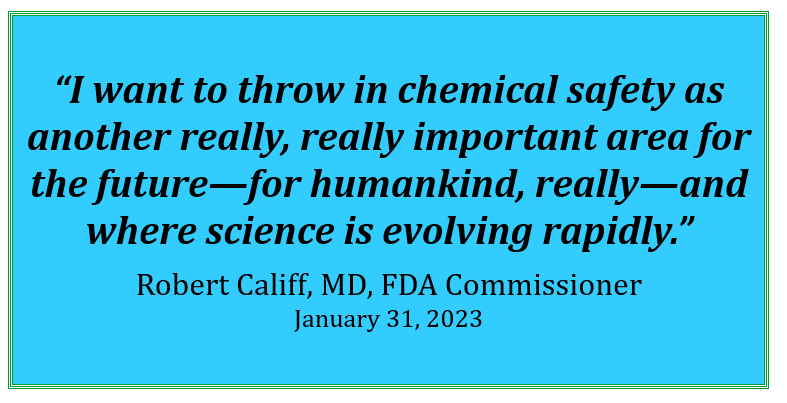Maricel Maffini, consultant, and Tom Neltner, Chemicals Policy Director
A federal district court this fall ruled that the Food and Drug Administration (FDA) has the authority to allow food companies to make Generally Recognized as Safe (GRAS) safety determinations for novel chemicals added to food without notifying the agency. The decision followed a lawsuit by EDF and others, in which we challenged this practice. The court agreed, in part, with FDA that an uptick in companies voluntarily choosing to send notices to the agency since the 2016 rule went in effect was a sign that the program was working. We disagree with the court’s conclusion but opted not to appeal.
This blog is the second in our Broken GRAS series where we explore how the voluntary notification system works in practice and why it is broken. The first dealt with a synthetic chemical called apoaequorin and marketed as Prevagen, a chemical found in jellyfish and used in protein shakes. The company claims the substance helps memory, but FDA has repeatedly raised serious questions about its safety. Despite the agency’s concerns the company continues to sell the product as GRAS.
In this blog, we examine another voluntary GRAS notice, this one for GABA, a neurotransmitter naturally produced in the brain and known to slow down certain nervous system activities. It is marketed as a food ingredient despite FDA’s serious concerns with the notice that prompted the company to withdraw it. The agency does not make such information publicly available. We were able to learn of FDA’s concerns through a Freedom of Information Act (FOIA).
____
Companies have the option to voluntarily notify FDA when they determine that a use of a new chemical or a new use of an existing chemical is Generally Recognized as Safe, or GRAS. When they do notify FDA, agency scientists then review the data and supporting information and can ask additional questions. In most of the cases, FDA agrees with the company’s determination and publishes a “no questions” letter. In roughly 20% of cases, however, companies ask the agency to stop the process after receiving the scientists’ questions. FDA then stops its review and announces a “cease to evaluate” status in the GRAS notification inventory, and that’s the end of it. There is no public record of as to why the company withdrew the notice. In some cases, a brief summary is included in the agency’s response to the cease to evaluate letter published in its website. The company is free to market and sell the substance if it still believes the chemical’s use is GRAS.
This happened with gamma aminobutyric acid (GABA). As you will see, the GABA case is a prime example of the 1) importance of FDA’s scientific review of safety data, and 2) profound implications for health risks when the agency takes no action in response to safety concerns raised by its own experts. A product with the safety concerns we describe below warrants closer examination, regardless of its current market share. Where serious health effects are found, it is important for FDA to act quickly before a specialty product like this one becomes more popular, and its health risks amplified. Read More »










